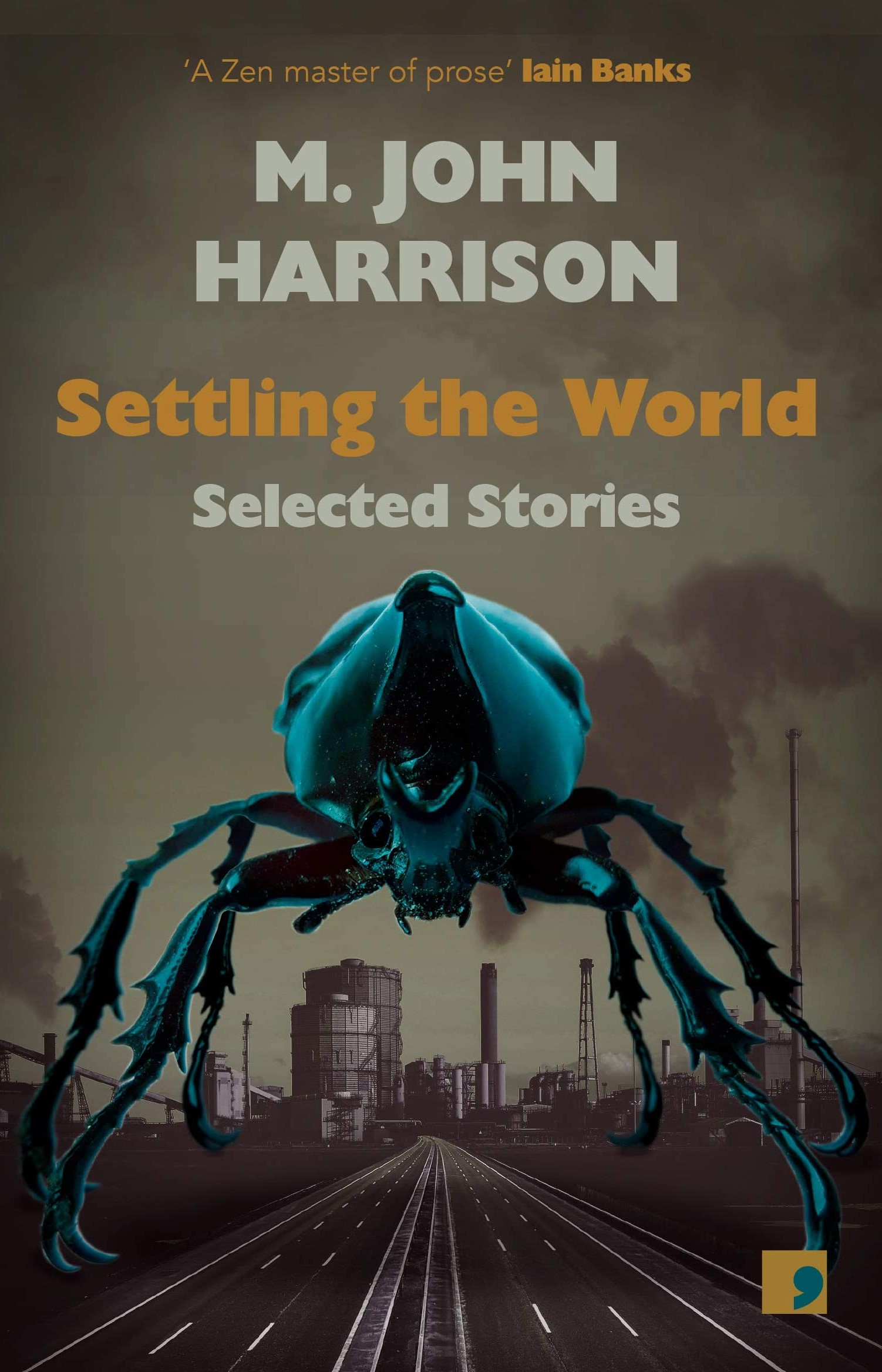“Amelia, Djamil, Christian, and Rudy join for a discussion on the history of Soviet Cybernetics and the use of computers for socialist planning. We discuss the origins of Cybernetics, its role as a reform movement in the sciences, and why cybernetics became attractive to the Soviet academy in the 50s, before moving to the biographies and projects of Anatoly Kitov and Viktor Glushkov. We reflect on the failures of OGAS, and what could have been done better, as well as its positive legacy and finish by discussing the ways in which cybernetics was kept alive until the collapse of the USSR and the remaining possibilities for computerized planning.”
References:
B. Peters – How Not to Network a Nation: The Uneasy History of the Soviet Internet
L. Graham –Science, Philosophy and Human Behavior in the Soviet Union
S. Gerontovich –InterNyet: Why the Soviet Union did not build a nationwide computer network
S. Gerontovich – From Newspeak to Cyberspeak: A History of Soviet Cybernetics
O. V. Kitova & V. A. Kitov – Anatoly Kitov and Victor Glushkov: Pioneers of Russian Digital Economy and Informatics
V. Pikhorovich –Glushkov and His Ideas: Cybernetics of the Future
Y. Revich –The Story of How the USSR Did Not Need the Pioneer of Cybernetics
D. West –Cybernetics for the command economy: Foregrounding entropy in late Soviet planning
I will not comment on this since it speaks for itself – it is one of the most interesting and stimulating discussions I have listened to lately. It touches on a variety of topics from a variety of perspectives without closing down this huge discussion. Instead of basically labeling it as failed or as just empty words (from Cyberspeak to Newspeak), it is important to see where cybernetic thinking left traces and how it moved away from its initial lofty goals. Should be listened to together with the podcast on Allende’s Cybersyn experiment. I have been also recently going back over my small collection of cybernetics and system theory book because I considered them to be a missing link in this history.
